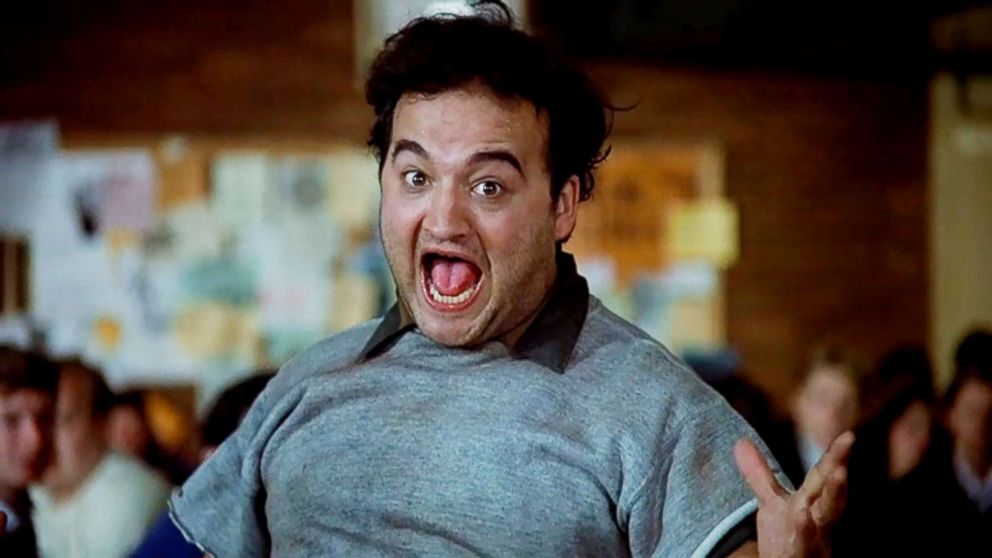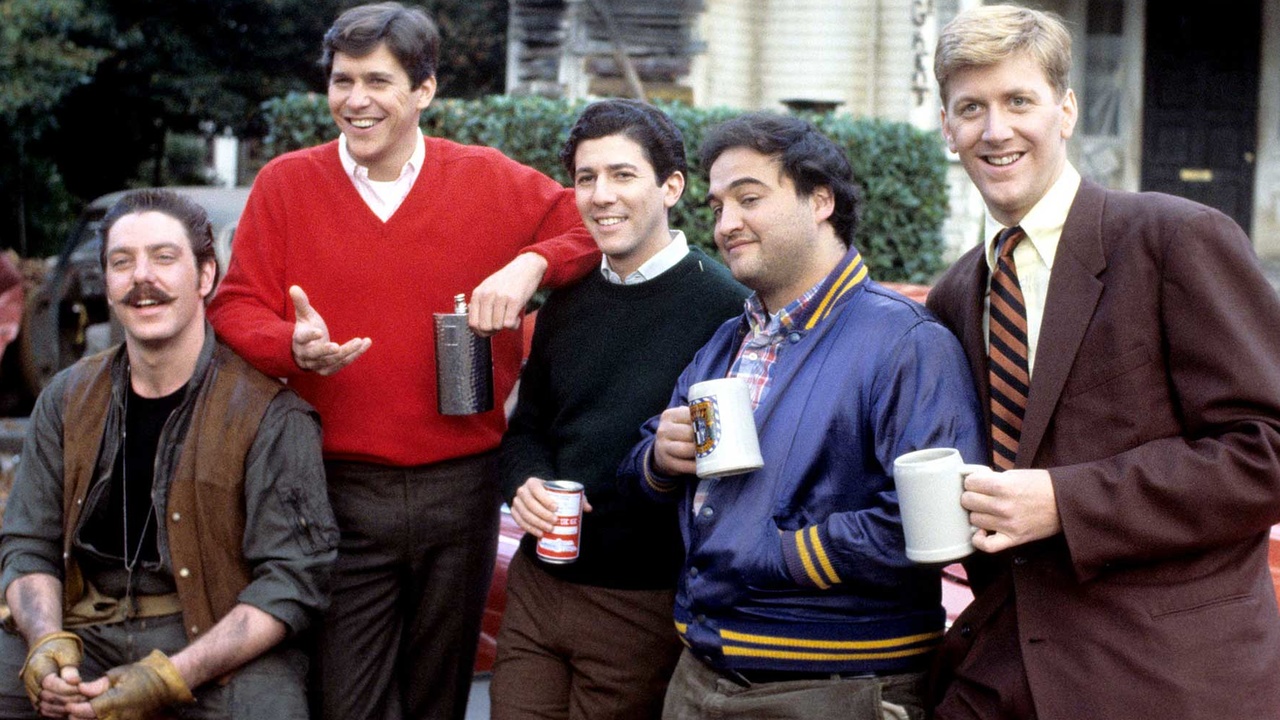‘National Lampoon’s Animal House’ is a 1978 comedy film directed by John Landis. It centers on the Delta Tau Chi House, where men like Otter, Boone, Hoover, D-Day, and Bluto compete for their right to party, the naughtiest fraternity at Faber College. The perpetual Delta students have no intention of leaving this excellent spot on earth thanks to secret initiation ceremonies and no-holds-barred toga gatherings. Still, the snobby Omegas and the university’s cunning lecturer, Dean Vernon Wormer, are on them and want to put them on probation.
Of course, it’s impossible to predict how the Deltas will respond if Wormer, who secretly wishes to banish the boys permanently, is successful. Is the slimy dean ready for a direct confrontation with the boisterous fun anarchists laced with turmoil, explosions, and, most importantly, justice? Although the college comedy film earned a cult status and received a great fan following, viewers must be curious about its conceptualization. In that case, let us share everything we know about the inspiration behind ‘National Lampoon’s Animal House.’
Fiction Rooted in Frat Antics: The Inspiration Behind Animal House
No, ‘National Lampoon’s Animal House’ is not based on a true story. It has been adapted from an original script written by Harold Ramis, Douglas Kenney, and Chris Miller. Miller’s short writings in “National Lampoon,” based on his experiences in the Alpha Delta Phi fraternity at Dartmouth, inspired the movie (where he graduated in 1962). The fraternity’s campus nickname, “Animal House,” came about when an upper-class member shot a chicken from a window on the second floor while several other Adelphians chased it to kill and eat it. In an interview with Review Magazine, he revealed the inspiration behind his idea for the movie.

Miller said, “Three stories that appeared in the Lampoon were originally chapters for a book I wanted to write. When I decided that I needed to stretch myself, I decided I wanted to do a book called “Animal House.” The stories were ‘Pinto’s First Lay,’ ‘The Night of the Seven Fires,’ and ‘Good Sports.’ They were thrown into a drawer until I was stuck for a story and pulled out ‘Night of the Seven Fires.’ ‘Pinto’s First Lay’ was published, and that was another departure from my whacked-out stories. They were more like cinema verite, just describing more or less what happened.
The typewritten pages of a memoir Miller started about his time at Dartmouth in the early 1960s—when he had been a proud member of Alpha Delta Phi, known as the “sickest” fraternity house on the Ivy League campus—were retrieved out of a drawer in his Manhattan apartment. He had been hoping to do something with the strange stories he had gathered while living at the Adelphian Lodge ever before he graduated. Miller’s experiences at Dartmouth as a member of the Alpha Delta Phi inspired the short stories from which the film was inspired.
Apart from the themes of college friendship and innate references to sexual jokes and pranks, the film captures the high school theme of teenage boys simply living in frat houses, cracking practical jokes, and pulling pranks on each other. The high school party culture has been extensively explored, much like other movies such as ‘American Pie,’ ‘Old School,’ and even films like ‘Legally Blonde,’ which touch upon the subject. Ultimately, ‘National Lampoon’s Animal House’ is not based on a true story. The film tackles the high school landscape by exploring a set of characters who must take a catering job to keep their dreams of fame floating.
As a result, the film draws from the tropes of high school comedies while deriving its humor from the characters’ lack of apathy. Chris Miller compiled his short stories about his fraternity life back in college and created his book, ‘The Real Animal House,’ which further details the fraternity culture narrative of Miller during his time at Dartmouth. It leaves its characters and viewers to ponder how far one will chase their dreams, a universally relevant question that one cannot help but relate to the show’s quirky humor. Nevertheless, we are here to remind you that the story of ‘National Lampoon’s Animal House’ is purely fictitious.
Read More: Where Was National Lampoon’s Animal House Filmed?


You must be logged in to post a comment.